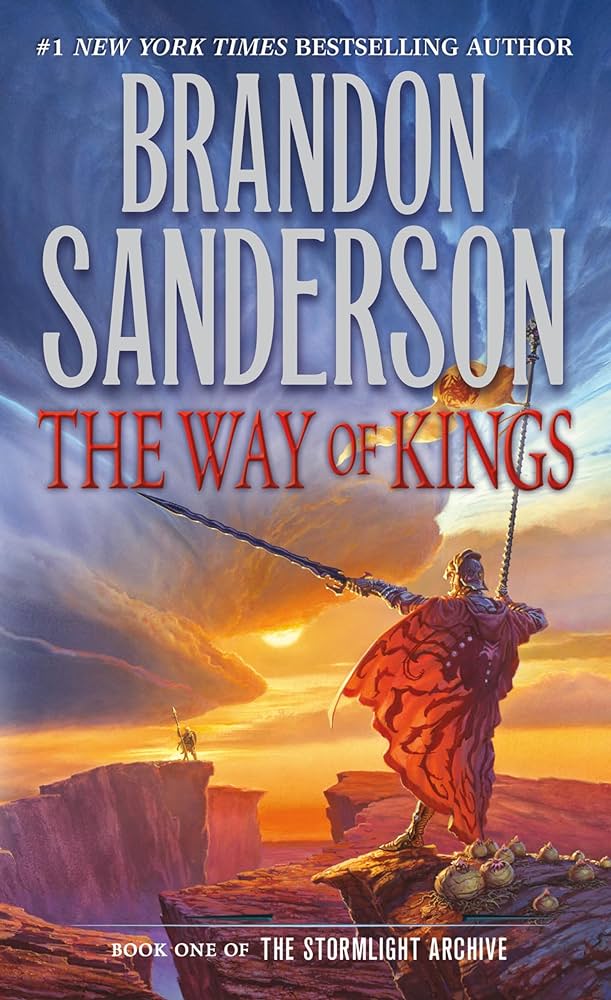Ethan Bassingthwaite
I am Ethan Bassingthwaite, an enthusiast of math, physics, computer science, and an all around nerd.
I graduated Summa Cum Laude from the prestigious College of Idaho with a double major in Mathematics-Physics and Computer Science with minors in Political Economy, Professional Foundations, and Spanish.
One of my proudest achievements in college was scoring 14 points out of 120 available on the Putnam Exam, in part because it is a worthy accomplishment, and because, without context, it sounds like a terrible score.
The Putnam Exam is an advanced mathematics exam for undergraduates where students spend 6 hours on a Saturday during finals week, proving various mathematical problems.
It consists of 12 questions split over two parts. Despite the abundance of obtainable points, the median score is 0.
Over half of all participants score nothing. My score of 14 put me in the top 20% of participants.
In addition, I found the test extremely enjoyable because of the emphasis on proving the result rather than just providing an answer.
To me, proofs just feel more satisfying. Like developing formulas for physical phenomena or creating code that will work for all future instances, rather than a single solution from experiments or code written to solve specifically one issue.
This website hosts various projects that I have completed over the years and it is constantly being improved and updated.
Keep an eye out for my next addition, which will feature my Jellyfish Diagram independent study.
Links to my projects
Hobbies

I love reading fantasy, and adore the stories that contain unique magic systems.
Brandon Sanderson is one of the prominent authors in this regard, and has written some of my favorite books.
He manages to write magic systems that feel like an extension of physics where each system fits together perfectly and obeys clear rules.
Yet from those constraining rules, creativity is born, like how drawing a line between two points is more enjoyable when there is a maze between them.
I must admit that my love of coding, math, and physics likely originates from such constrained creativity.
Not mentioning math and physics, in coding we are limited by the technology we work with and must make solutions regardless.
This makes finding an answer all the more satisfying and has been a driving force behind my passion.
Outside of reading, Magic the Gathering claims the crown as my largest hobby to date.
I love the complexity and expression that it allows, especially in the Commander/EDH format.
In EDH, one must build a deck consisting of 100 cards that are all unique, which alongside the limited card pool available creates the constrained creativity I desire.
For instance, my favorite deck features Kadena as its leader and functions around morph creatures, which are unknown to all players except their owner until they reveal themselves with a dastardly surprise.
It flips the play pattern on its head, which is my favorite thing to do in games. I want to approach a game from a different angle than the usual and expected one.
By doing so, I am able to get a fresh perspective and do stuff that would be otherwise out of reach.
I figure that such an approach is applicable beyond games as well; out of the box approaches are the precursor to innovation.
Which is why when approaching a problem, I like to, at minimum, consider alternative methods to avoid missing out on an ingenious solution.
The Future
I love puzzles.
A non-sequitur compared to the header, sure, but plans play to passions.
When researching Yellowballs, I found myself getting excited whenever a new bug was reported by the team because it meant there was a question, a 'why' for me to answer.
Bugs provided me more than an opportunity to learn, they offered a clear path for improvement.
More than just a way to pay the bills, I want a job where I face challenges which let me improve.